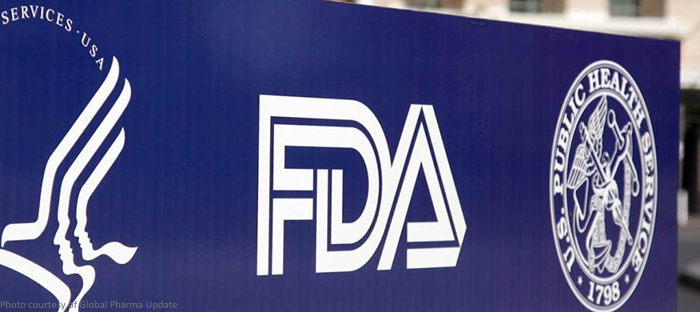
The U.S. Food and Drug Administration (FDA) has released a final guidance document entitled “Bacterial Risk Control Strategies for Blood Collection Establishments and Transfusion Services to Enhance the Safety and Availability of Platelets for Transfusion.” The new document replaces draft guidance previously released in December of 2018.
The FDA issued this guidance document to provide blood collection establishments and transfusion services with recommendations on how to limit the risk of bacterial contamination for platelet products intended for transfusion. It applies to platelet products stored at room temperature in plasma or additive solutions, including platelets manufactured by automated methods (apheresis platelets), and Whole Blood derived (WBD) single and pooled (pre-storage and post-storage) platelets.
An unfortunate consequence of room temperature storage is the risk of bacterial growth within the stored product. The results of transfusing a contaminated platelet product are severe, leading to transfusion-transmitted sepsis and in some cases an immediate fatal outcome. Bacterial contamination of platelets continues to be a leading risk of infection from a transfusion, despite the implementation of various interventions.
The new guidance provides an array of strategies for minimizing the risk of bacterial contamination. It includes single-step approaches (which can be completed at the blood center) and two-step approaches (which would involve both the blood center and the transfusion service). The document provides a range of alternatives from which facilities can choose an approach that works well for them. Some facilities may have already adopted part or all of one of these strategies.
The final guidance formalizes risk reduction efforts that have been in process over the years. It acknowledges that some recommendations may take time to put into practice and identifies 18 months as a reasonable timeframe for implementation. There is a new requirement for transfusion services that re-label platelet products with a 6 or 7-day expiration date. These services will now need to register with the FDA as a blood establishment and list their manufactured products.
Helmer Scientific supports blood centers and hospitals, the patients they serve, and their efforts to keep the blood supply safe. We have offered high quality blood storage equipment for 40 years and are here to help you to properly store and monitor your blood products. To learn more about solutions for blood storage and processing, click the link below:
Reference:
Other Blogs You Might Be Interested In...
- Helmer Scientific Is the First Vendor to Participate in New AABB Standards-Compliant Product Evaluation Program
- Now Available – PDF Temperature Graphs and Event Reports
- Easier Maintenance for Refrigerators and -30°C Freezers with Optional Solid Ballast
- FDA Issues Draft Guidance on Bacterial Risk Control Strategies for Platelets




